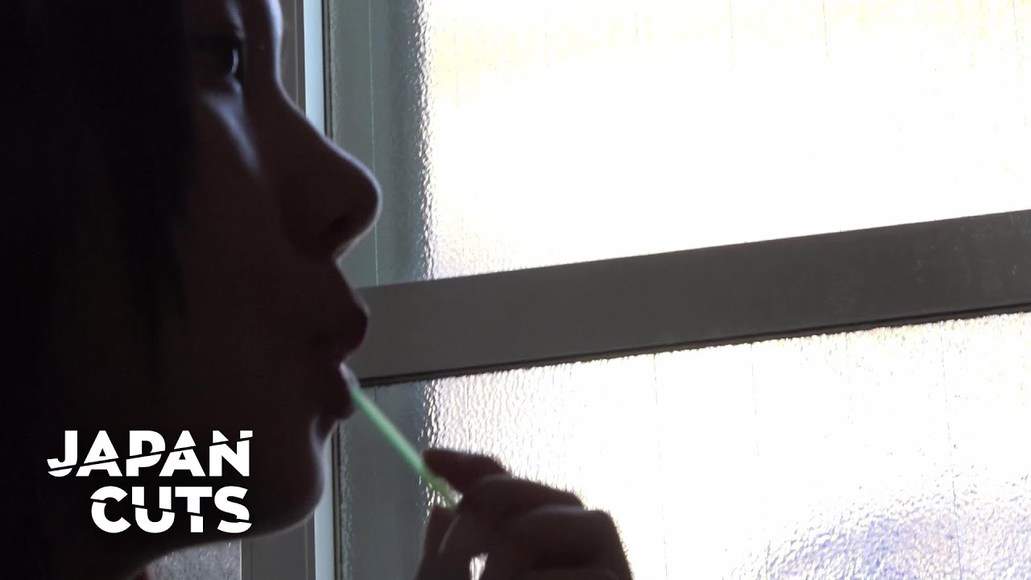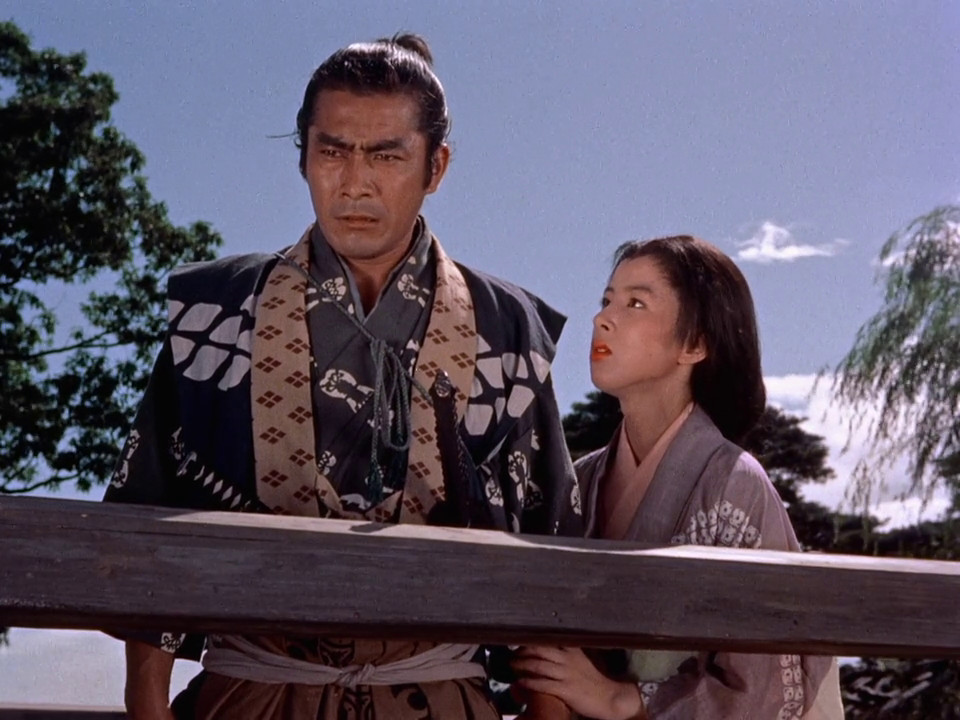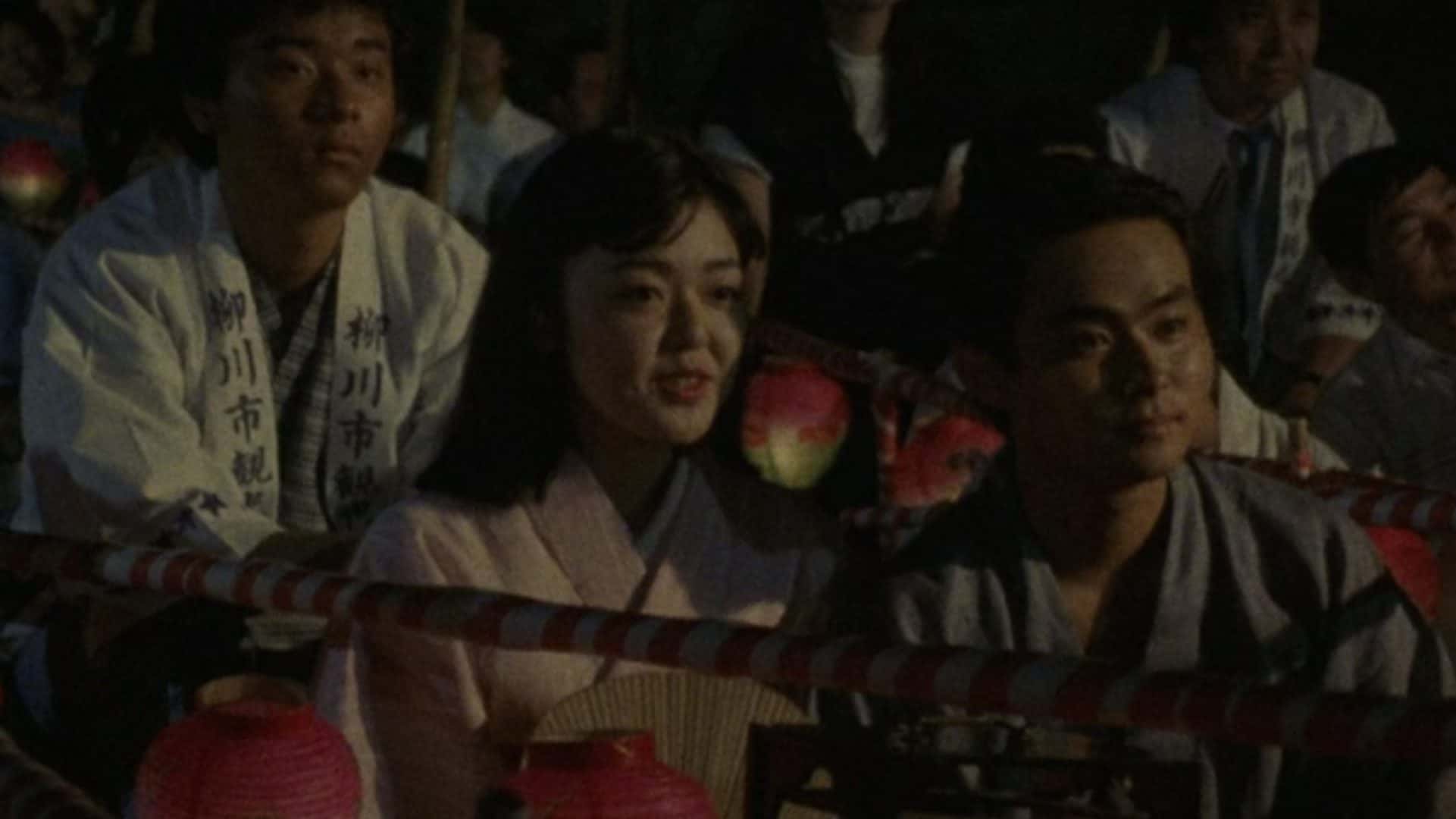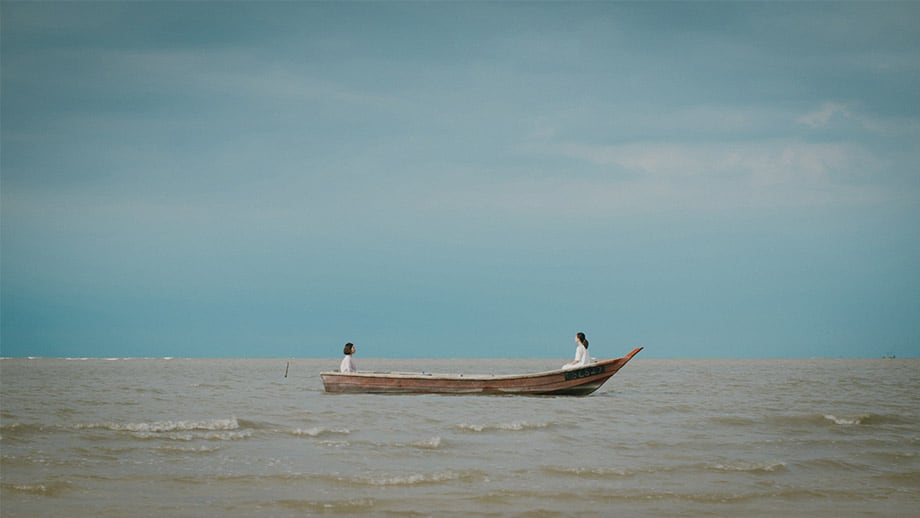Following the success of “Confessions”, a plethora of Kanae Minato's works have been adapted in both TV and cinema, with “Homecoming”, “ A Chorus of Angels”, “Penance” and “The Snow White Murder Case” being some of the most renowned. The latest one, “Motherhood” comes from 2012 novel “Bosei” and explores the theme of motherhood through the stories of three generations of women.
Motherhood is screening at New York Asian Film Festival
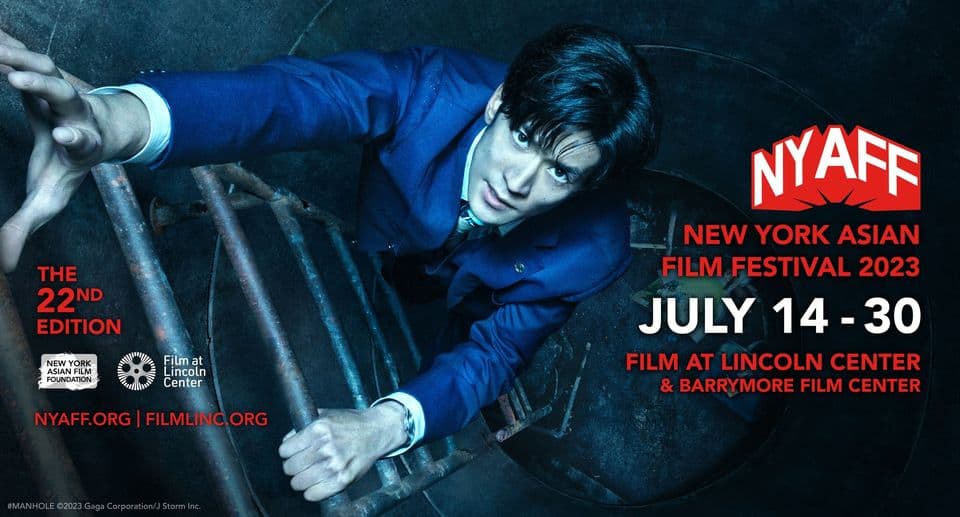
Sayaka, a highschool student, kills herself for reasons that are initially unknown, since she seems to have been living a pretty normal life until that point, having been raised with love by her mother, Rumiko. The narrative then switches to the past, starting with the story of the latter, before it presents Sayaka's own version of their life story. In that fashion, Rumiko was an art enthusiast who enrolled in art school, where she met Satoshi, with the two eventually getting married, despite the advice of a common friend, who cautioned her that marrying into that family is not exactly easy. Rumiko, whose mother always insisted on her being a proper wife, daughter, and daughter-in-law, was always the recipient of intense pressure, which became even worse when she moved to her mother-in-law's house. Evidently the leader of the house, she essentially treated Rumiko as a live-in maid, with Satoshi never saying anything. The only solace the young woman found was in her mother, but after a terrible accident, even that was deemed obsolete. Instead of protecting her daughter though, she actually pressured Sayaka almost the same way she was pinned, particularly from her own mother.
The young girl grew up in such a toxic environment, since her grandmother's attitude grew worse and worse with time, and even more after her daughter, Ritsuko, Sayaka's only actual friend in the house, rebelled in the most shocking way. Shocking for her family that is. Sayaka eventually stood up to her grandmother, seeing how she exploited and misbehaved against her mother, but found Rumiko against her actually, with her not being able to move beyond the Confucianist rules that she was taught from her own mother. As Sayaka learns more and more secrets about her and her family's life, the pressure she feels grows exponentially.
Check also this interview
Ryuichi Hiroki directs a very layered, very intricate story that manages to be both entertaining throughout and to present a number of comments regarding life in Japan, particularly for women. The way the hardships women face in a society where Confucianism is still prevalent is eloquently presented, particularly since three generations of women seem to suffer from the exact same issues, which occasionally, and rather surprisingly, are both self-imposed and hereditary. Looking at Rumiko essentially being tortured by her mother-in-law, one would expect her to do anything to protect her daughter. In this case, though, it is not only the opposite that happens, with Sayaka trying to stand up to her grandmother fed up with her treatment of her mother, but even when she does so, Rumiko chastises her, insisting that they must respect the elders at all times.
It is events like this that highlight Sayaka's despair and sense of suffocation, which is also heightened by the fact that not even her timid father ever dares to stand up to his mother, with the girl essentially feeling betrayed by both her parents. An even further revelation about Satoshi makes Sayaka even more fed up with her life, with the accusation of the previous generation that is so prevalent in Japanese cinema finding one of its apogees in the movie. The “Rashomon effect” about specific incidents and the difference between the narrations of mother and daughter also work in the same regard, with Hiroki evidently taking the side of the younger, in another very intriguing part of the narration.
Also of note is that, in the end, Hiroki does present a solution (a way out if you prefer) which, however, is quite extreme, as one would expect from a situation the protagonists find themselves in, that is practically imprisonment in a number of levels.
Apart from narrative, the movie also thrives in its production values. The way the ‘beautiful home' Satoshi always wanted transforms into a kind of prison is also exquisitely presented though both Atsuhiro Nabeshima's impressive cinematography and the outstanding set design and coloring. Particularly the latter reminds of Wes Anderson's approach in the first instance and the Japanese family drama in the second, in one of the best traits of the movie. The editing, and especially the way the different perspectives and timelines are presented also works well, in a mid-tempo that suits the overall aesthetics to perfection. Granted, there are moments and episodes throughout that are unnecessary or even forgotten (as in the case of Honami Sato's presence in the beginning for example) but in general, the film is economical in its duration.
The acting is a bit weird. Atsuko Takahata for example, who is great as Rumiko's mother-in-law, plays her part with intense theatricality, most of the time. Erika Toda, on the other hand, as Rumiko, is both natural, in the daughter's narration, and ‘artificial” in her own, in a duality that can be somewhat off putting. Mei Nagano as Sayaka is mostly natural throughout, with the same applying to Miyuko Ochii who plays her as a child, and actually presents one of the most memorable scenes in the movie in the way she changes expression when she is interacting with her mother. That the acting of the protagonists differs is a bit strange, but in the end, it also works well in terms of entertainment, with all of them giving competent performances.
“Motherhood” is an unusual as much as intriguing movie, that manages to eloquently highlight its comments through a story that remains interesting throughout and a level of production that is definitely easy to the eyes.



